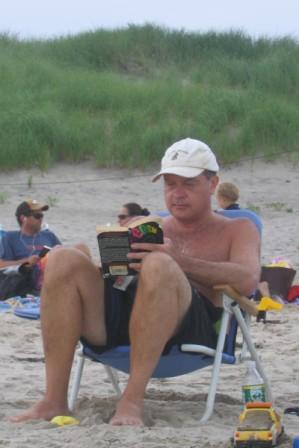Film - Where Classical Music and Pop Culture Intersect

The fact that my last two posts have been about pop music rather than classical started me thinking about where the two come together. In 20th century classical music, jazz and folk influences abound. Shostakovich and Gershwin were both heavy users of jazz rhythms and themes, and Copland used hymns and folk melodies extensively, like the Shaker hymn Simple Gifts in Appalachian Spring.
The movies are another area where pop culture and classical music intersect. Hollywood has long used classical music to score movies, cartoons and TV shows for the simple reason that most of it is in the public domain and can be used without paying royalties. Lots of classical music is highly atmospheric too, in that it sets a mood or tone for the movie without being overly intrusive.
It wasn't that uncommon for movie producers to commission classical music pieces specifically for films that they were making, particularly in the 1940's. This allowed them to get music tailored to the film they were making. While a lot of commissioned movie scores are eminently forgettable, some are so good that they've entered the standard repertoire as pieces worthy of preserving and performing on their own merit.
Aaron Copland is certainly the best example of a major American composer who worked in film. His film credits include Of Mice and Men, The North Star, The Red Pony, Our Town and several others.
The most memorable of them all are The Heiress and The Red Pony, and both are available on this CD, along with excerpts from several other scores. The Red Pony was a western, and the music reminds me of Copland's Billy the Kid, but without the drums simulating gunshots. The score for The Heiress is more urban, lush and emotive. Listen to the clips on the Amazon page to get a feel for the pieces.
I bought a copy of this CD for my offices' secret Santa Grab bag. It's a great gift because even non-classical music fans tend to like Copland's music and many classical music fans are unfamiliar with his film scores. So if you're looking for a last minute gift idea, here you go.
I have a special fondness for Copland because it was hearing his work, particularly Appalachian Spring, as a teenager, that sparked my love of classical music. I'm also fortunate to live near Copland House, where he lived and worked from 1960 until his death in 1990. The house is now run by a non-profit foundation and serves to promote and preserve his legacy. They also hold performances there and offer guest residences to promising young composers.
So listen, enjoy, and be enriched.


0 Comments:
Post a Comment
<< Home